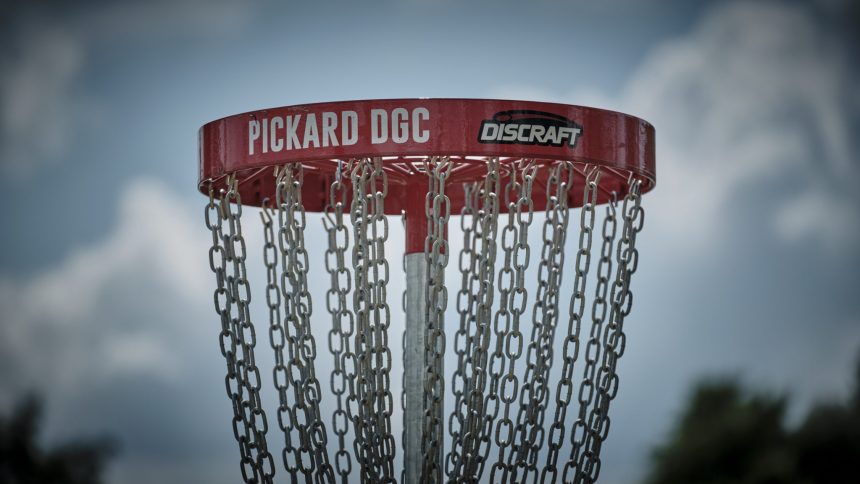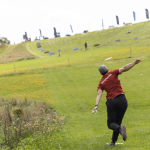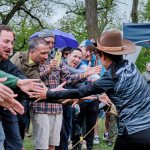Disc golf, a recreational activity that involves throwing a disc towards a target, has been gaining popularity in recent years. As the sport continues to grow, so does the sense of community that surrounds it. Disc golf communities have become a unique space where players come together to share their passion for the game, support one another, and provide financial assistance to those in need.
A Sense of Belonging
For many people, disc golf is not just a hobby, but a way to connect with others who share similar interests. The sense of community that surrounds disc golf is built on a foundation of mutual respect, trust, and understanding. Players of all skill levels come together to share tips, techniques, and advice, creating a supportive environment that is welcoming to all.
Mental Health Support
Disc golf communities have also become a vital source of mental health support for many players. The stress and pressure of everyday life can be overwhelming, and for some, the physical and mental demands of playing disc golf can be particularly challenging. Disc golf communities recognize the importance of mental health and have created safe spaces for players to open up and share their struggles.
In many disc golf communities, players have formed close bonds with one another, sharing their experiences and offering support and guidance. This sense of camaraderie can be a powerful tool in the fight against mental health issues, providing a much-needed sense of belonging and connection for those who feel isolated or alone.
Financial Support
Disc golf communities have also demonstrated a commitment to financial support, with many players and clubs working together to raise funds for those in need. This support can take many forms, from hosting charity tournaments to providing financial assistance for players who are struggling to afford the costs associated with playing the sport.
One notable example of financial support is the “PDGA Women’s Fund,” a charitable organization that provides financial assistance to women disc golfers who are in need of support. The fund has helped numerous women get back into the sport after struggling to afford the costs of playing, and has also provided financial assistance to those who are experiencing financial difficulties due to medical issues or other unforeseen circumstances.
The Power of Community
The stories of support and camaraderie that come out of disc golf communities are truly inspiring, and serve as a reminder of the power of community and the impact that it can have on our lives. By embracing one another and working together, disc golf communities are creating a culture of kindness, compassion, and support that is unlike anything else.
A Conclusion
In conclusion, disc golf communities are not just about throwing a disc towards a target – they are about connection, community, and support. By embracing one another and recognizing the importance of mental health and financial support, disc golf communities are creating a culture that is truly special. Whether you are a seasoned pro or a beginner just starting out, disc golf has something to offer, and the sense of belonging and connection that comes with it is a truly remarkable thing.
FAQs
Q: What is the PDGA Women’s Fund?
A: The PDGA Women’s Fund is a charitable organization that provides financial assistance to women disc golfers who are in need of support.
Q: How can I get involved in my local disc golf community?
A: There are many ways to get involved in your local disc golf community! Consider attending local tournaments, joining a disc golf club, or reaching out to other players in your area to connect and learn more about the sport.
Q: Are disc golf communities only for experienced players?
A: Absolutely not! Disc golf communities are open to players of all skill levels, from beginners to pros. The sense of community and support that surrounds disc golf is just as important for new players as it is for experienced ones.
Q: How can I support my local disc golf community?
A: There are many ways to support your local disc golf community! Consider volunteering at local tournaments, sponsoring a local player or team, or donating to organizations that support disc golf initiatives in your area.
Q: What are some common mental health challenges that disc golfers face?
A: Some common mental health challenges that disc golfers face include anxiety, depression, and burnout. Disc golf communities recognize the importance of mental health and provide support and resources for players who are struggling.








